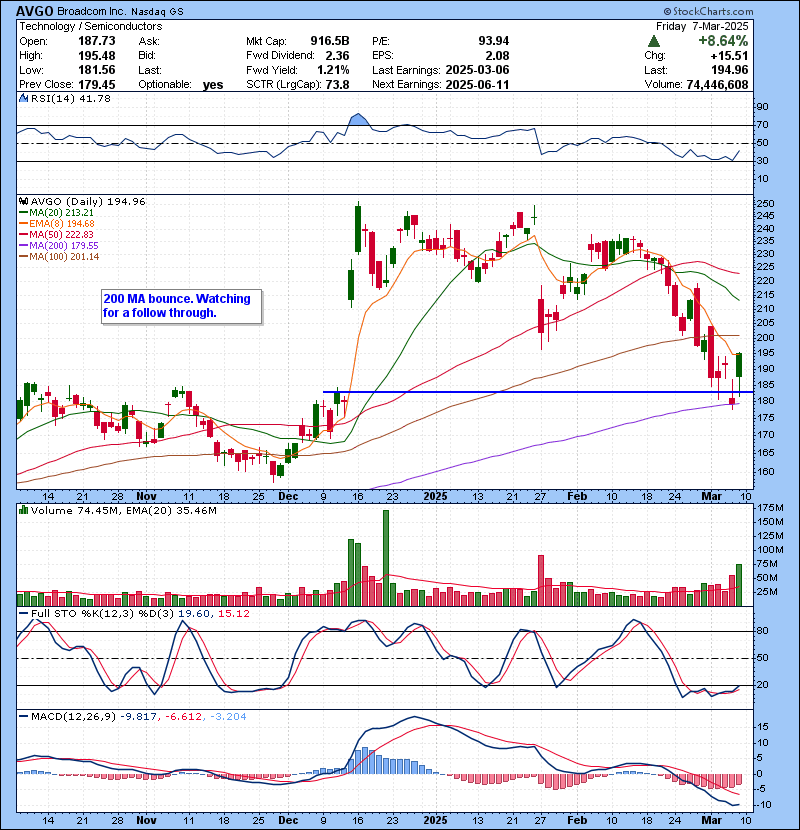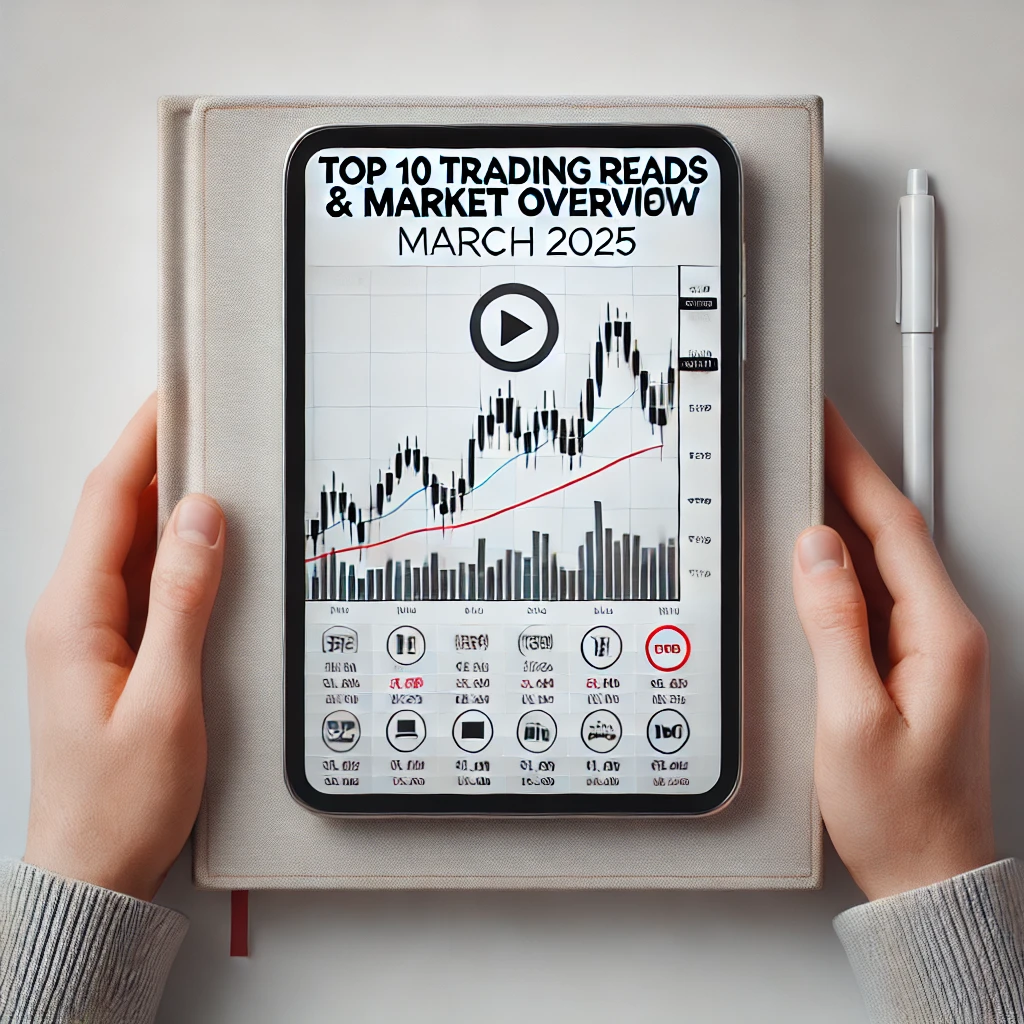Trading is the best job in the world. No other profession will give you the same freedom and scalability of income. Once a newbie gets a taste of trading income, they are ready to go-all in on trading.
There are several key things to consider making the leap into full-time trading.
The answer is not going to be what you expect. Here’s what you need to consider before quitting:
Why We Trade

Any worthwhile result in life doesn’t come easy. You need to accept this as a rule in life: If it’s worthwhile, it will take work, patience, and persistence. Getting in shape, scaling a successful business, becoming a successful trader. It applies to all of it.
Before you make the leap to full-time trading, you need to understand the key differences between a regular job, and know what you’re giving up.
Salary
In a 9-5, you sign a contract, and you get paid if you perform certain duties in a satisfactory manner. You know what you will be taking into your bank account every month.
In trading, you do not have a set salary. The market owes you nothing. How much you can make predictably depends on your trading proficiency and your account size. But you have scalability in your income that no other job possesses.
Before quitting your job, you need to make sure you have the requisite skill set to produce the income you need to survive. What you need before you trade full-time:
1.Sufficient Skills-Set: Generated Enough Trading Income for 6 Months to Cover Living Expenses
2.Savings: Saved Up at Least 1 Year’s Worth of Income
3.All Major Debt is Paid Off
4.At Least 1 Additional Stream of Income (More on this later in the blog)
The Boss
In most jobs, you have someone above you to manage you. The company’s responsibilities are shared by others. If you make a mistake, someone else may take the blame or resolve it for you.
In trading, you are the CEO and sole employee of your trading business. This is great, but it means you need to take massive responsibility. You call all the shots.
You are the one who decides which stocks, cryptos, and markets to trade. You are the one who decides when to enter, exit positions. A lot of responsibility, but there is no one who can tell you what to do.
Losing Money
There is not another job in the world that will take money from you by trading your time. You can make thousands of dollars in a few seconds. You can trade for 7 hours and lose everything. The market doesn’t care how much time you are trading for.
Your mistakes have big consequences in trading: You lose money. Mistakes at most jobs don’t have as high stakes. This means if you want to trade full-time, you NEED to be on top of your game every day.
This sounds like a lot of pressure. But imagine how much growth you will see in yourself when you are forced to be disciplined & focused every single day. Full-time trading will create personal growth in ways that a typical 9-5 NEVER will.
Predictability
Every day is the same in a 9-5. You show up to work, complete your duties, you get paid.
In trading every day is different. No trader knows how much money they will make or lose before any given trading day. Consistently profitable traders know there is a high probability of them making money on any given trading day. But there are NEVER any guarantees.

The trade-off for the uncertainty is scalability in short-term income that no other job possesses. The uncertainty in trading income is why you need to be careful when you decide to quit your job.
Check List to Complete to Quit Your Job
Don’t Rush it
This is the most important piece of advice I can give to 9-5 traders. Do NOT give up your primary source of income before you have proven yourself to be consistently profitable.
In general, you don’t want to lose streams of income. Unless they are costing you significant time or energy. When you get to the point where your job is costing you trading income, and your trading income is greater than your job. That’s when it’s time.
This process takes time, patience and dedication. Months to years of training are needed before you develop the proficiency to rely on trading as your primary source of income.
Even when you do make the leap to full-time trading, keep other sources of income. The more streams of income you have, the more stability you have. Better income stability will allow you to trade better, as you view the market with less emotional attachment to money!
Key Take Aways
The trade-off is freedom for certainty. There is no sugar-coating it: There is a ton less certainty in trading than there is a 9-5. But you will NEVER have the freedom that trading allows. Keep your job as long as you can while you build up your trading skill-set. Don’t rush the process.
This is one of the most important components we teach in our Live Trading Boot Camp: Helping students time the leap from a 9-5 to full-time trading. We take the time to work with each student personally and help them figure out when the best time for them is to make the leap!
Get The Early-Bird Discount for Our Next Live Trading Boot Camp





